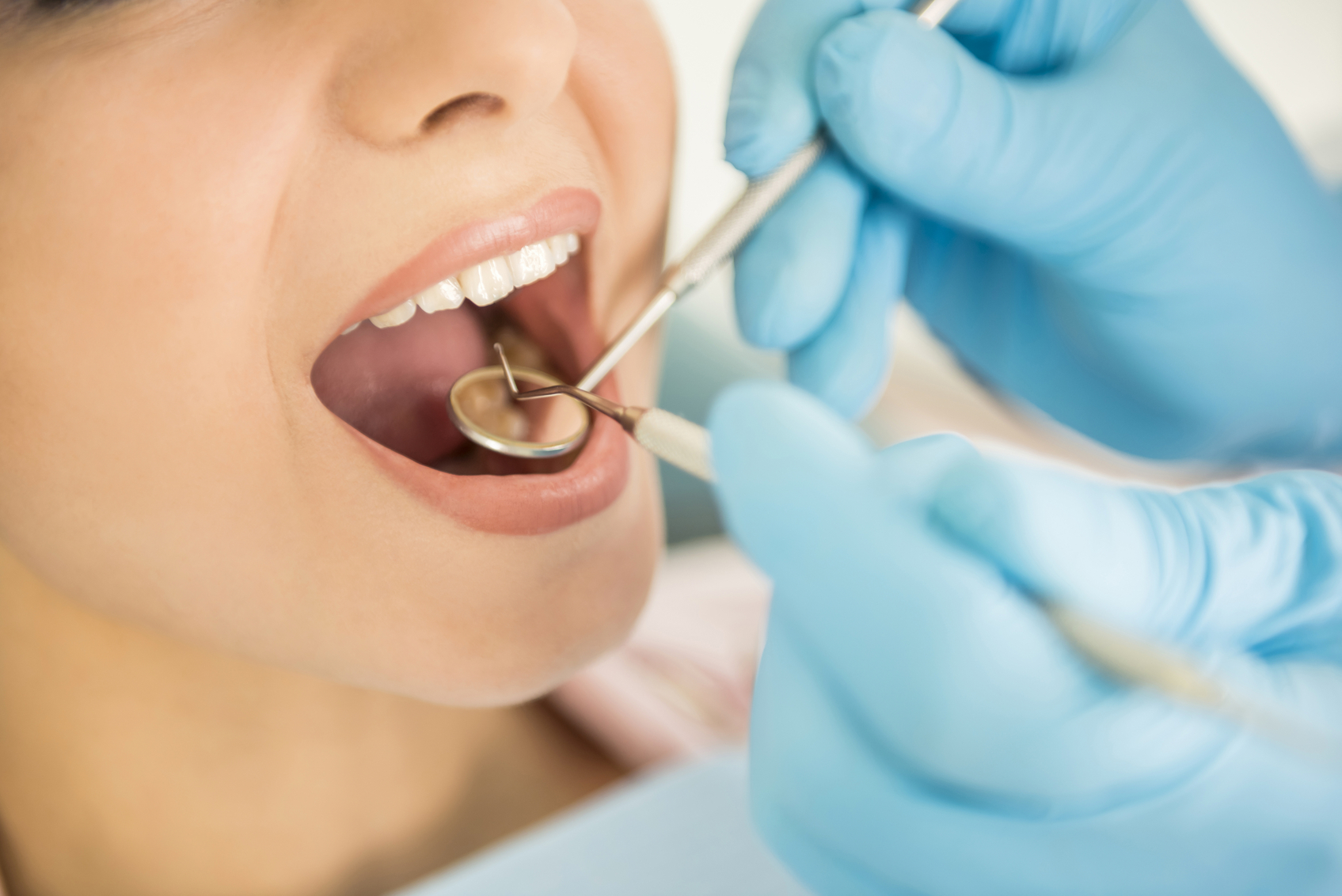Common Restorative Dentistry Procedures and Their Top Benefits

Concerns like trauma or infections can impact your dental structure. You may have a damaged, chipped, or missing tooth. Besides the impact on your smile, such concerns affect dental function. This is where restorative dentistry in Huntington Beach comes in, which, as the name suggests, helps restore structure and functionality. The most common restorative dentistry procedures include:
- Filling: Used to repair and stabilize a deteriorated tooth, such as due to decay or cavity.
- Bonding: Commonly used to repair cracked or chipped teeth by bonding composite material matching the missing enamel to the remaining tooth, recreating the natural look.
- Crowns: Mostly used when a tooth is irreparable through filling and entails using a cap to cover an entire tooth to the gum line, which protects it from further damage while maintaining its functionality.
- Bridges: Used mainly in case of missing teeth or extractions. The treatment uses merged crowns bonded to the nearest healthy teeth to cover (bridge) the gap.
- Implants: A go-to when a tooth has suffered significant damage. It involves replacing the damaged part with artificial material, mainly attached by metal and bonded to the jawbone.
While the treatments differ, their main objective is restoring dental structure and functionality, which delivers benefits including:
Alleviate pain and discomfort
You could be struggling with sensitive teeth or pain when chewing, such as due to tooth decay or a chip. This can be addressed by covering the tooth, allowing you to eat, brush, floss comfortably, and speak. Dental crowns, for example, cover the entire tooth, meaning that temperature variance won’t affect a sensitive tooth. It is also cushioned from pressure, like when you bite, since it is evenly distributed, keeping the pain at bay.
Improve functionality
When you can’t bite and chew with ease, you are at high risk of more than dental concerns. Ineffective chewing can cause serious digestive issues since the body could fail to produce adequate enzymes needed for proper food breakdown. Besides recurrent bloating, you are also at risk of concerns like choking, dehydration, malnutrition, and aspiration.
Restorative dentistry helps improve the bite and chew functions, mitigating such risks. Other functions such as speech and smiling also benefit, making navigating social spaces easier.
Better oral hygiene
Oral health takes a blow when struggling with pain or sensitive tooth or if you have gaps in your mouth. You can hardly effectively brush and floss through the discomforts, increasing the risk of plaque buildup. On the other hand, gaps leave enough room for plaque to sneak in and accumulate. Oral hygiene is vital since it helps avoid serious infections, including periodontitis. Improving your oral hygiene regimen is among the reasons you should consider restorative dentistry as you work to remain healthy.
Enhanced appearance
A discolored or missing tooth can significantly impact your smile. This affects your confidence, a critical faculty, as you strive to remain productive. Besides the smile, dental concerns also affect the jaw. The jawbone starts to deteriorate, which can lead to a sunken look, making you appear older. Restorative dentistry, like implants, helps keep the jawbone stimulated, preserving its mass for an extended period, making it easier to maintain youthful looks.
Missing or imperfect teeth can significantly impact your smile, speech, and chew, affecting the quality of your life. Restorative dentistry could be your answer, helping address the cosmetic and functional aspects. Contact Orange Coast Dental Specialty today to find out if you are a good restorative dentistry candidate.



